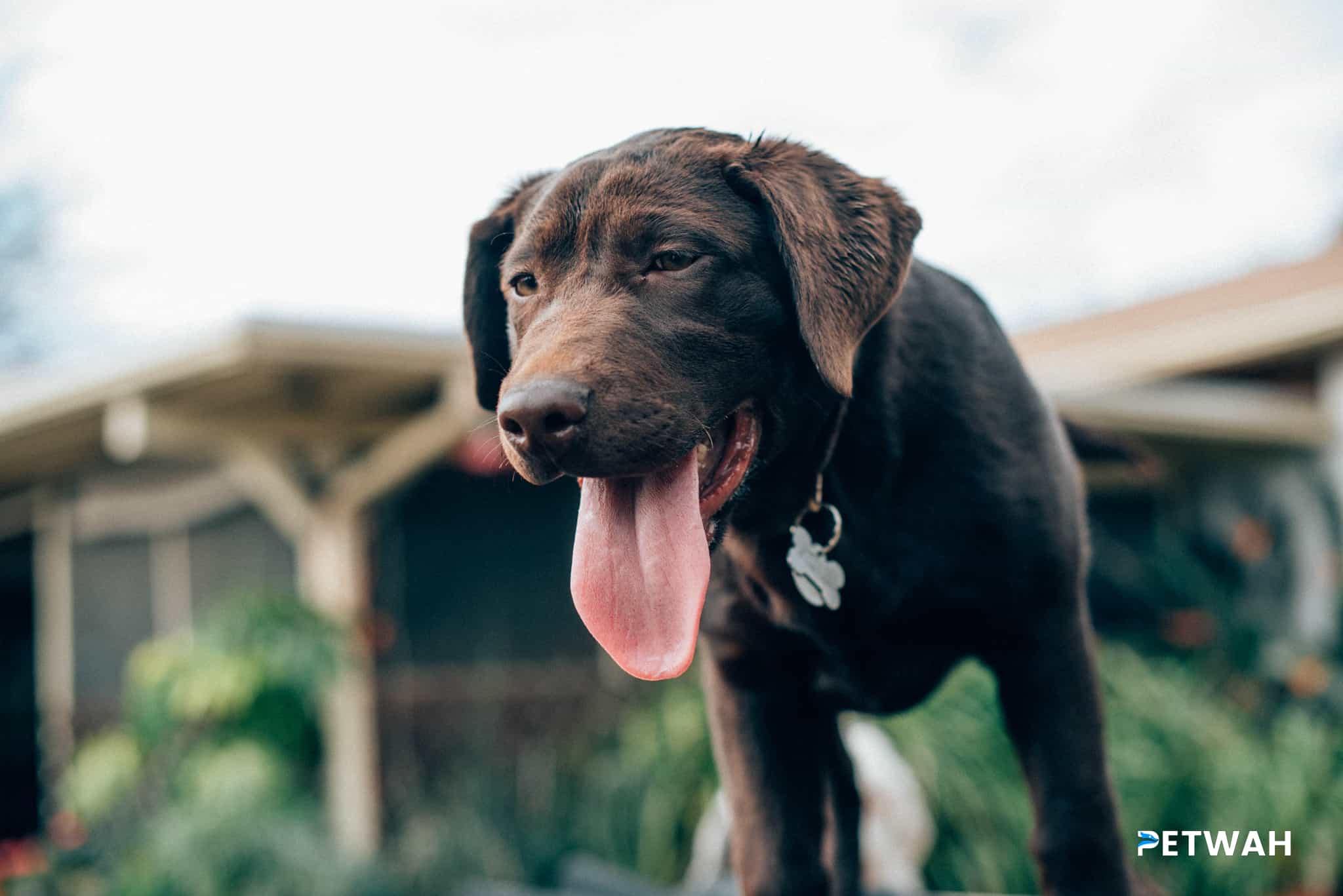When it comes to our furry companions, ensuring their overall health and well-being is always a top priority. Poodles, with their distinctive curly coats and playful personalities, are beloved pets for many families. However, like any breed, Poodles are susceptible to certain health conditions, and one area of concern is their liver health. The liver plays a vital role in the body’s metabolism, digestion, and detoxification processes, making it crucial to be aware of any potential liver conditions that Poodles may be prone to. In this blog post, we will explore some of the specific liver conditions that Poodles may be more susceptible to, as well as provide tips and insights on how to keep your Poodle’s liver healthy and functioning optimally. So, if you’re a Poodle owner or simply curious about canine liver health, read on to learn more about these common conditions and how to ensure the well-being of your furry friend.
Poodles and Their Liver Health: Common Conditions to Be Aware Of
Poodles are a beloved breed known for their intelligence, elegance, and hypoallergenic coat. However, like any other dog breed, they are prone to certain health issues. One area of concern for poodles is their liver health. The liver plays a crucial role in the body’s metabolism, digestion, detoxification, and nutrient storage. In this blog post, we will explore the specific liver conditions that poodles are prone to, symptoms to watch out for, potential causes, and preventative measures to ensure your poodle leads a healthy and happy life.
1. Portosystemic Shunts (PSS):
Portosystemic shunts, also known as liver shunts, occur when blood flow bypasses the liver instead of being filtered through it. This condition can lead to a buildup of toxins in the bloodstream and cause various health problems. Poodles, especially the toy and miniature varieties, are more susceptible to PSS due to genetic predisposition. Common symptoms include stunted growth, urinary problems, poor appetite, and neurological issues. Early diagnosis is essential, as treatment options vary from medication to surgical intervention.
2. Hepatitis:
Hepatitis in poodles can be caused by various factors, including viral infections, toxic exposures, or immune-mediated reactions. Canine Infectious Hepatitis (CIH), caused by the adenovirus, is a particularly concerning viral form of hepatitis that affects the liver. Symptoms include fever, loss of appetite, lethargy, vomiting, jaundice, and abdominal pain. Vaccinations are available to protect poodles from specific types of hepatitis, and regular veterinary check-ups are necessary for early detection and treatment.
3. Liver Cancer:
Liver cancer, also known as hepatocellular carcinoma, can affect poodles, particularly in their senior years. It can occur spontaneously or as a result of preexisting liver conditions such as hepatitis or portosystemic shunts. Symptoms may include weight loss, decreased appetite, lethargy, abdominal distension, and jaundice. If liver cancer is suspected, your veterinarian may perform blood tests, ultrasounds, or biopsies for a definitive diagnosis. Treatment options, including surgery, chemotherapy, and radiation therapy, depend on the severity and stage of the cancer.
 - Copy.jpg)
4. Hepatic Lipidosis:
Hepatic lipidosis, commonly known as fatty liver disease, can occur in poodles due to various factors, such as rapid weight loss, obesity, or metabolic disorders. When the liver cannot efficiently metabolize fats, they accumulate, leading to liver dysfunction. Symptoms include vomiting, diarrhea, yellowing of the eyes and gums, lethargy, and weight loss. Prompt intervention is crucial, as hepatic lipidosis can be life-threatening. Treatment involves supportive care, nutritional management, and addressing any underlying causes.
Preventative Measures:
While certain liver conditions may be genetically predisposed in poodles, there are steps you can take to minimize the risk and maintain your poodle’s liver health:
1. Regular Veterinary Check-ups: Routine check-ups and blood tests can help detect any liver abnormalities early on, allowing for prompt intervention and treatment.
2. Proper Nutrition: Feed your poodle a balanced diet that supports liver health and maintains a healthy weight. Avoid excessive fatty or processed foods that can strain the liver.
3. Avoid Toxins: Be mindful of potential liver toxins such as certain medications, chemicals, plants, and even some common human foods. Consult with your veterinarian to ensure your poodle’s environment is safe.
4. Vaccinations: Stay up-to-date on recommended vaccinations, including those that protect against infectious hepatitis, to safeguard your poodle’s liver health.
Poodles are exquisite dogs known for their elegance and intelligence. However, they are not exempt from certain health conditions, particularly those related to their liver. Being aware of the potential liver conditions that poodles can be prone to can help you identify symptoms early and seek appropriate veterinary care. Remember to schedule regular check-ups, provide a balanced diet, avoid toxins, and follow vaccination protocols to promote your poodle’s liver health. With preventive measures and proactive care, you can ensure your poodle enjoys a long, healthy, and happy life.
In conclusion, while Poodles may be prone to certain liver conditions, such as copper storage disease and portosystemic shunts, it is important for pet owners to be proactive in monitoring and maintaining their furry friends’ liver health. Regular check-ups with a veterinarian, a balanced diet, and avoiding exposure to toxins are essential steps in promoting a healthy liver for your beloved Poodle. By staying informed and taking necessary precautions, you can ensure that your Poodle leads a happy and healthy life, free from the burden of liver-related issues. Remember, a little extra care goes a long way in safeguarding their overall well-being.


%20-%20Copy.jpg)
.jpg)
.jpg)
.jpg)
%20-%20Copy.jpg)

.png)